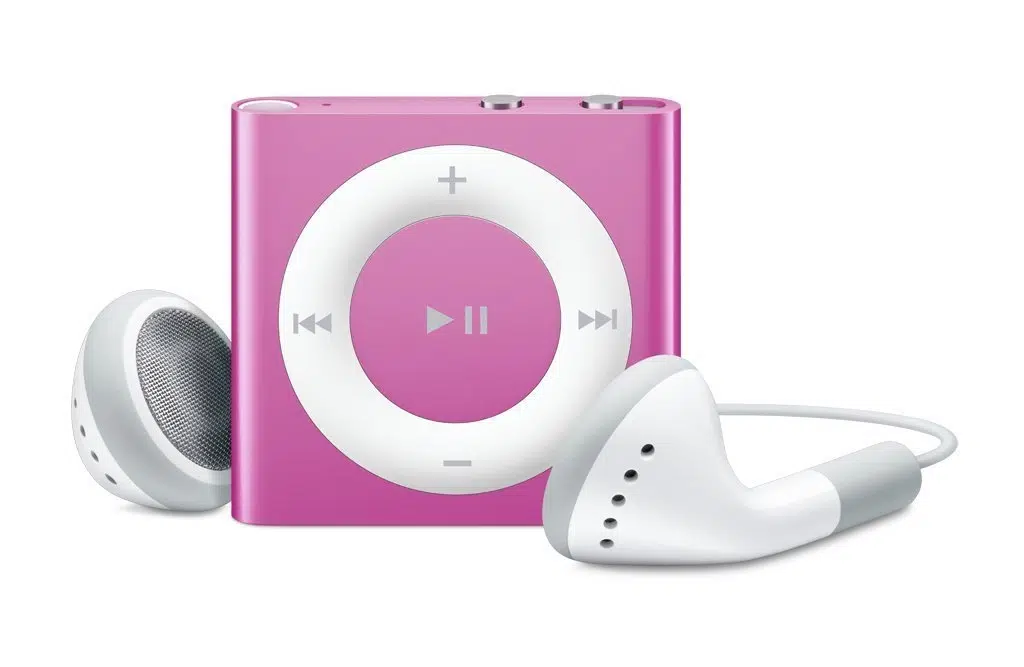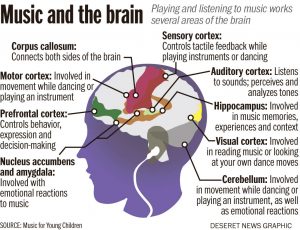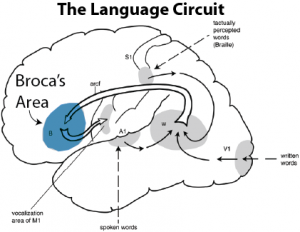
Music has a way of communicating in ways language cannot.
The Alzheimer Society, in collaboration with Western University’s Gerontology and Practice program, created the iPod project.
“It’s basically looking at the effects of music, specifically personalized music, and how that can be used as a therapeutic tool for individuals with dementia,” says program coordinator Jen Hale.
A volunteer is matched with a patient in the community to get to know them and find out their musical tastes. The goal is to find meaningful music that would resonate with them in order to help evoke certain memories and emotions. From there, a personalized iPod is given to the patient.
“The benefits of the program apply across the spectrum of dementia, whether it’s an early diagnosis or those who are in the later stages of the disease.”
Hale says the research has shown that music and memory are closely linked, making it an effective tool for those with dementia.
“As dementia progresses through the brain, the area in which music memory lives remains in tact as the disease progresses. If we can play music that means something to them, it can help start making connections to other areas of the brain that we thought were lost to the disease process.”
Julie Thompson has experienced first hand the impact music has had on both her parents who had dementia, especially her dad who began to get aggressive.
“For my dad, we were always looking for ways to keep him happy in his environment. Willie Nelson was his favourite. We recorded the songs on a loop so when he was in his room he would be nice and calm.”
Music get’s all parts of the brain firing because of it’s complexity whereas language is limited to the Broca’s area of the brain.
“The imprint and the memory of music goes way beyond language. Even though they may not be able to communicate or function in the normal way very much anymore, music still has a memory print.”






